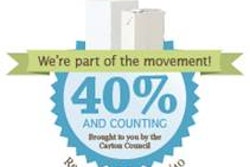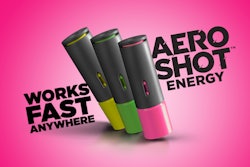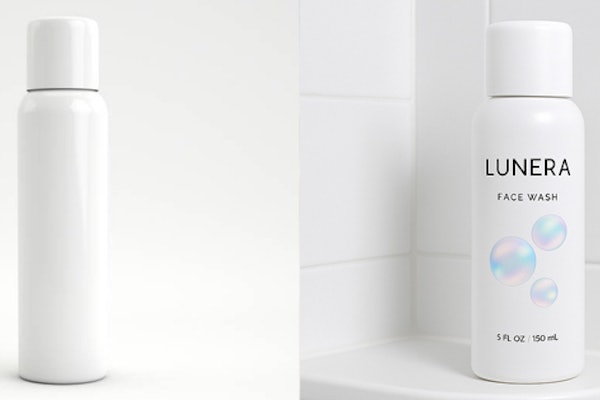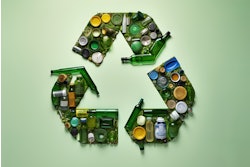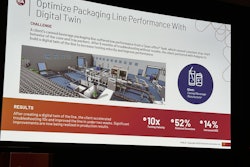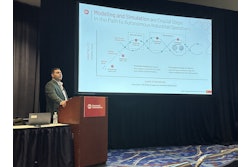
The American Institute for Packaging and the Environment (AMERIPEN) shared what it called “very preliminary” results of a survey it has been conducting of recovery activities in the 100 largest U.S. cities during a recent webinar. Said moderator Karen Bandhauer of Resource Recycling Systems (RRS), a consultancy that provides project management support for AMERIPEN, “These are just the initial findings. They have not been quality controlled, but they are an example of the analysis potential.”
Kicking off the event, Jeff Meyers of Coca-Cola Refreshments, who co-leads AMERIPEN’s Recovery Work Group with Elisabeth Comere of Tetra Pak, explained that after finishing an industry assessment and the Product Recovery Knowledge Map (PRKM), the work group decided to focus its attention on three areas of best practices for residential recycling: the recovery infrastructure, education, and local and state participation. “They form the basis of the 100 cities evaluation,” he said. “We tried to turn these practices into a survey to find out where are these things are being done, what needs to be done, and where AMERIPEN can fill this gap.”
Under recovery infrastructure, the best practices and policies identified by the Recovery Work Group include rolling carts; expanded access; maximize the types of packaging materials collected; leverage hub-and-spoke models to drive supply; and MRFs: optimize utilization, increase technology, and grow capacity. Under education, it identified community-based social marketing; the Curbside Value Partnership (CVP), Keep America Beautiful (KAB), and Earth911.com; and funding levels at or above $1 per household. And for local and state participation, best practices include sustained incentive-type programs; unit-based pricing programs; local recycling ordinances; and state-level landfill bans or mandated recycling requirements.
When AMERIPEN has gathered all the data the survey, it will use the information to find the best opportunities to improve recovery. By the end of 2013, it hopes to begin the execution of up to eight recovery projects.
Survey methodology
According to Bandhauer, in the few months that AMERIPEN has been conducting the 100 cities survey, 79% of cities contacted have participated. More are expected to provide information in the near future, as data becomes available, while a couple of other have declined to be involved at the moment. While the cities are scattered throughout the U.S., not every state is represented. The 100 largest cities were determined by household.
The survey is in a standardized format. One area looks at five key categories related to best practices—processing, collection, education, local/state policy, and financial—with questions requiring yes/no responses. “We are trying to collect information that can be compared,” said Bandhauer.
A notes section in each of the five areas allows survey takers to add remarks that may shed light on respondent’s answers for future follow up. Another part of the survey asks for fact-based metrics related to the municipality’s recycling system, and the last section asks questions on local and state policy frameworks.
“Really what we are trying to do here is identify a critical path forward,” explained Bandhauer. “Some of the questions that we are trying to answer include: Where are the most ripe opportunities based on our understanding both of best practices and on-the-ground implementation? Where can we leverage resource availability most effectively? Where can we work in partnership with existing organizations effectively? What’s the potential material ROI as we look across communities that are performing well, and at some that are underperforming but may have a lot of material that’s currently unrecovered? Where might we be able to best engage? What can we anticipate in terms of increased material recovery of packaging? And, how well does the uptake of best practices predict increased recovery”
Preliminary results
Among the initial results shared by Bandhauer, she said the data shows that there is opportunity for improvement, that the policy framework at the local level varies pretty significantly from community-to-community, and that there is also a lot of variability regionally—none of which is a surprise, she noted.
Related to best practices around recovery infrastructure, early study results indicate that rolling carts for curbside collection are very widespread across the 100 cities, but they are not universal. “So that’s interesting to see where there may be some low-hanging fruit that’s still left to be picked among these communities that have high population densities and likely a large amount of material that’s being generated,” Bandhauer notes.
Related to education, Bandhauer said that a majority of municipalities didn’t have data on how much is spent per household to encourage recycling, or they did not want to share this data.
She then gave three examples of data collected from three unnamed cities to show how their diversion rates may correlate with their use of best practices, and how AMERIPEN is evaluating this type of data to find opportunities. “As I mentioned,” she said, “most cities are eager to discuss this information, and they are looking for ways that they can engage and that we can partner. But the devil is in the details. So this is our first cut in understanding, but as we are teasing these things and pulling them apart, we are seeing some of the nuances between communities, and that’s really where the exciting work will begin in 2013.”


